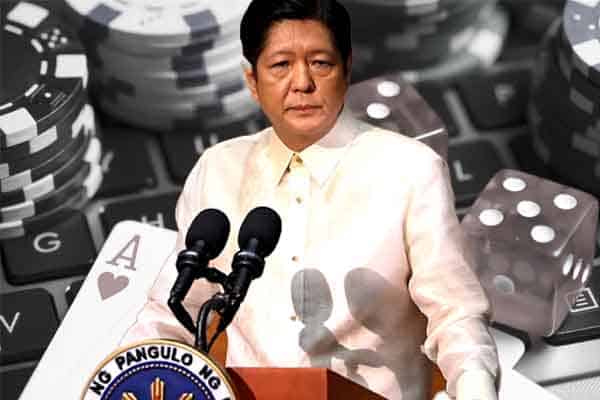Over the past couple of years, no industry has faced as much scrutiny as the online gambling sector in the Philippines, and lawmakers have taken notice.
After multiple reports of kidnapping, human trafficking, murders, and other crimes, the country is preparing to overhaul the online gambling industry inside the country. Starting this October, the Philippines will cease operations of over 175 Philippine Offshore Gaming Operators (POGO) and deport foreign workers, mostly Chinese nationals. Bloomberg estimates that approximately 40,000 Chinese workers will be deported back to China.
The Justice Ministry spokesman Jose Clavano stated that the crackdown was triggered by reports of crimes committed by Chinese nationals against fellow Chinese nationals.
POGO Licensing Explained
Philippine gambling laws allow gaming operators to work online if they obtain a POGO license legally. POGO licenses were first issued in 2016 before the pandemic devastated the industry. Once the pandemic hit and public restrictions were enforced, the Philippine Amusement and Gaming Corporation (PAGCOR) started issuing more licenses.
Operators who obtain a POGO license can only offer their services to countries other than the Philippines. POGOs led many foreign nationals to relocate to the Philippines to operate online casinos and sportsbooks catering to the Chinese.
Push To Ban POGO Licenses
While several lawmakers support a POGO license ban, some critics say that punishing the whole industry for a few bad apples is not the best way to fight crime in the country.
Senate majority leader Joel Villanueva recently introduced the Anti-Online Gambling Act to outlaw POGO licenses. If passed into law, the punishment for participants could end up with an $8,710 fine and up to six months in jail.
POGO licensing has caused a rift between China & the Philippines due to China’s no-gambling policy. Though tensions have healed, China does not support the offshore gambling program as many sites are catered to their residents, and they do not have the time, means, or jurisdiction to fight online gambling sites.
Are Offshore Gambling Sites Legal In The Philippines?
Yes, poker sites, sportsbooks, and online casinos catering to the Philippines are legal to play if they are not physically operated inside the country. The Philippine government has issued numerous statements saying that PH nationals should only play at licensed sites and avoid rogue gambling sites operating without oversight.
Legal online gambling in the Philippines has grown into a big market since most residents have an internet connection and prefer not to live in major tourist destinations. Some of the sites in our guide even offer lucrative bonus options and cryptocurrency deposit options to entice players to sign up. All the sites we review are licensed and hold compliance records with trusted gaming commissions.

